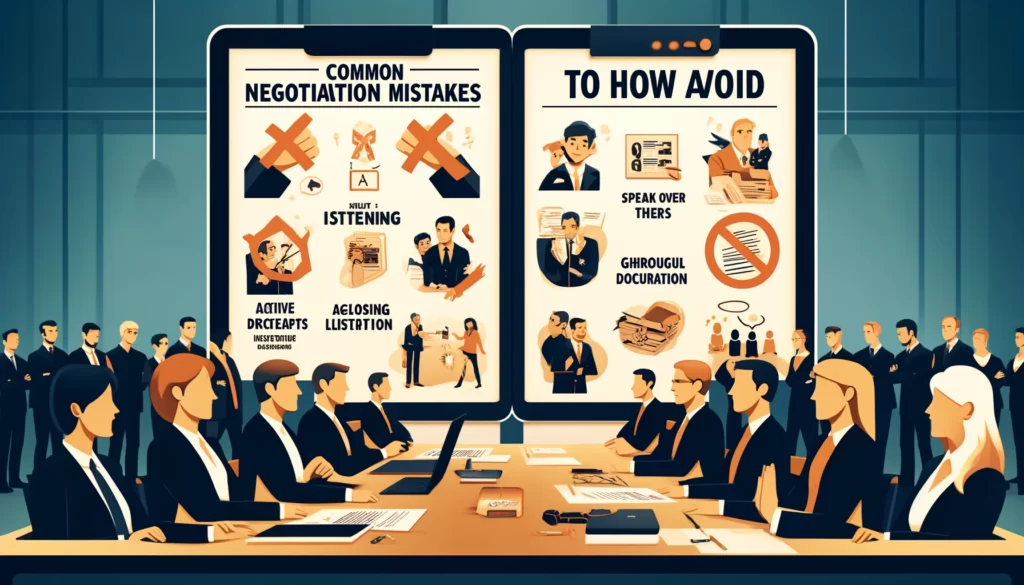Negotiating is a skill that can be honed over time, but even seasoned negotiators can fall into common traps that undermine their effectiveness. By being aware of these pitfalls and knowing how to avoid them, you can increase your chances of achieving successful outcomes in negotiations. One common mistake is failing to prepare adequately. […]

When negotiating on a global scale, cultural differences can significantly impact the dynamics and outcomes of the negotiation process. Understanding and navigating these cultural nuances is essential for achieving successful outcomes.
In multicultural negotiations, it’s important to recognize that different cultures have unique values, communication styles, and approaches to decision-making. For example, while some cultures prioritize direct and explicit communication, others may value indirect or implicit communication.
Moreover, attitudes towards hierarchy, authority, and time can vary widely across cultures. In some cultures, decisions are made collaboratively, while in others, authority figures hold significant influence. Additionally, cultural attitudes towards punctuality and scheduling can affect how negotiations are conducted and perceived.
To navigate these cultural differences effectively, it’s crucial to educate yourself about the cultural norms and customs of the parties involved. This involves familiarizing yourself with cultural etiquette, communication styles, and business practices.Adaptability is key when negotiating across cultures. Be flexible in your approach and willing to adjust your strategies and tactics to align with the cultural preferences of your counterparts. Demonstrating respect for their cultural norms and values can help build trust and rapport.
Relationship-building is also essential in multicultural negotiations. Invest time in getting to know your counterparts on a personal level and building strong, trusting relationships. Cultivating mutual respect and understanding can help bridge cultural divides and facilitate productive negotiations.
In conclusion, cultural differences play a significant role in global negotiation strategies. By understanding and respecting these differences, adapting your approach accordingly, and fostering open communication and collaboration, you can navigate multicultural negotiations effectively and achieve successful outcomes.





